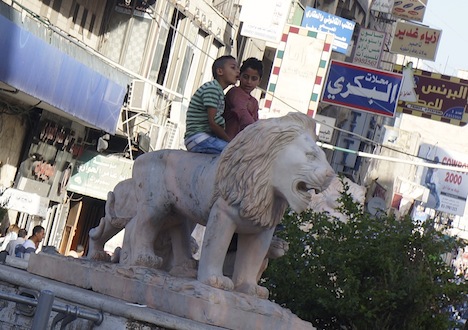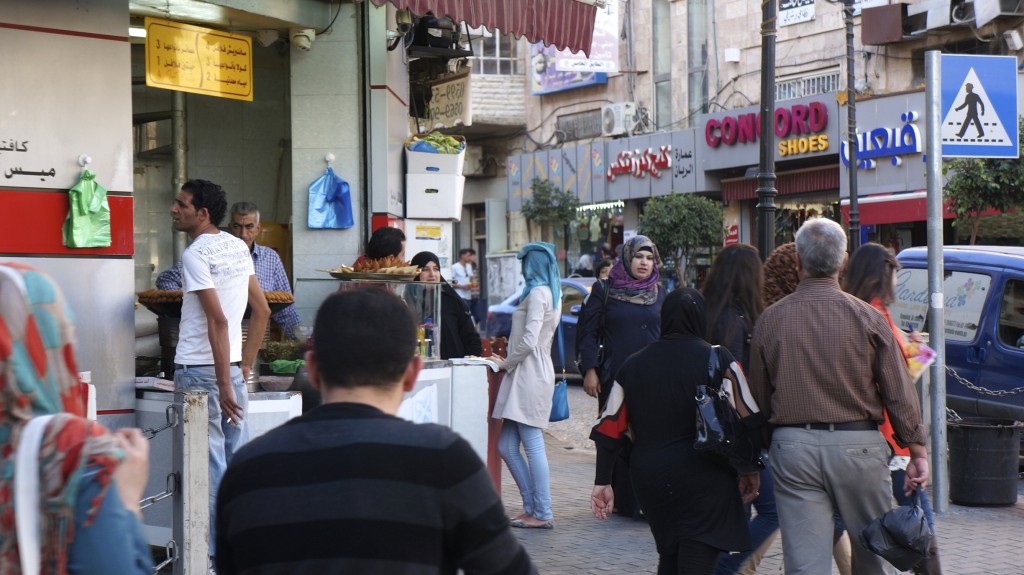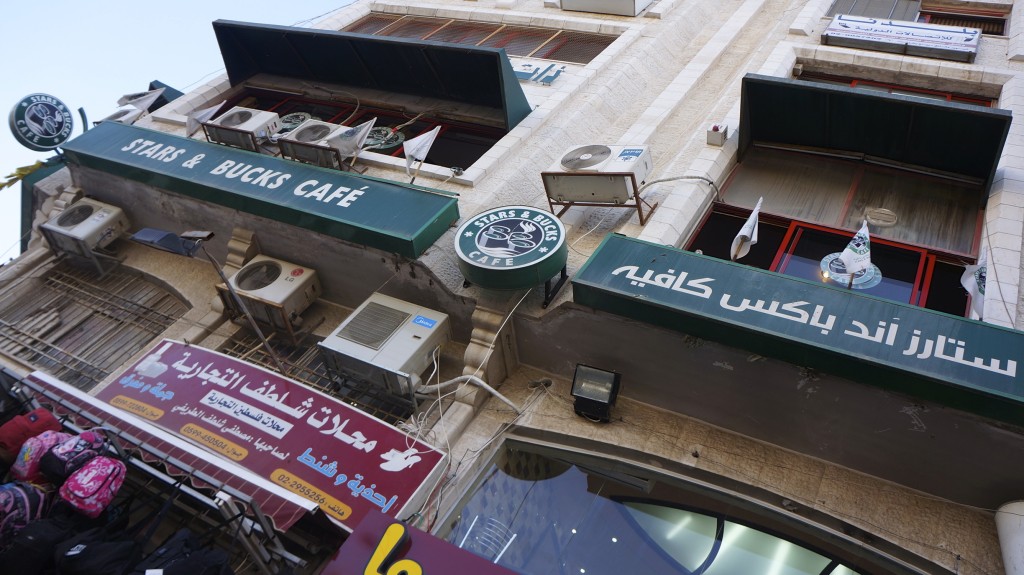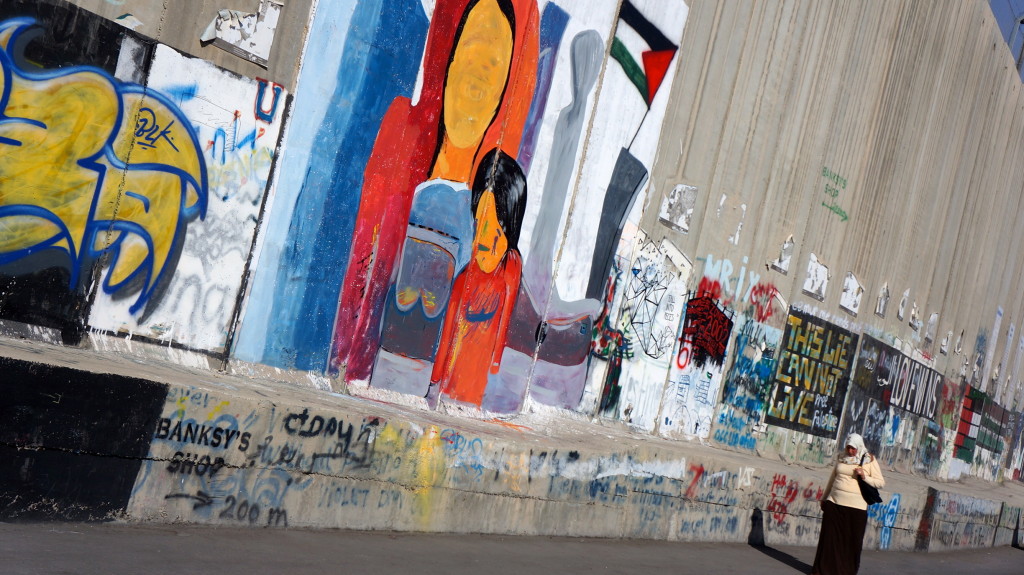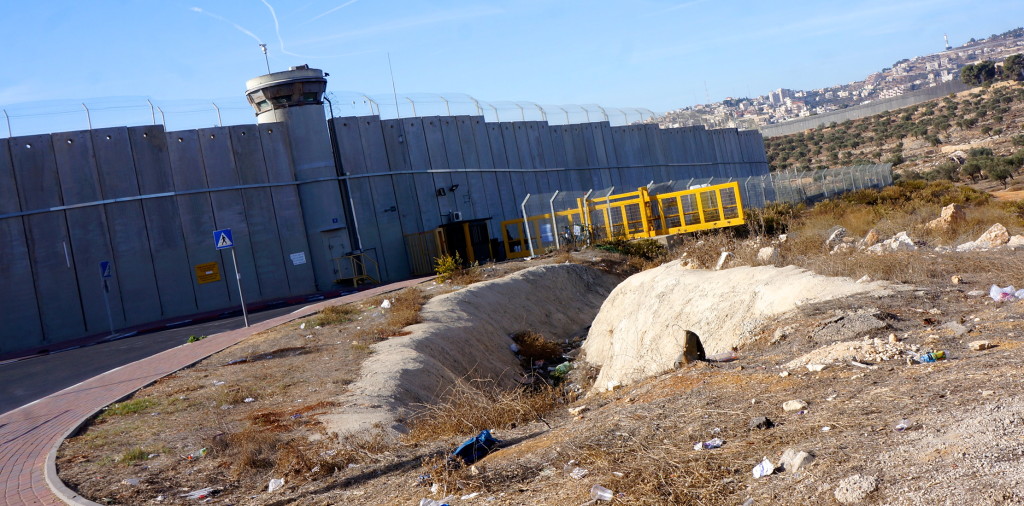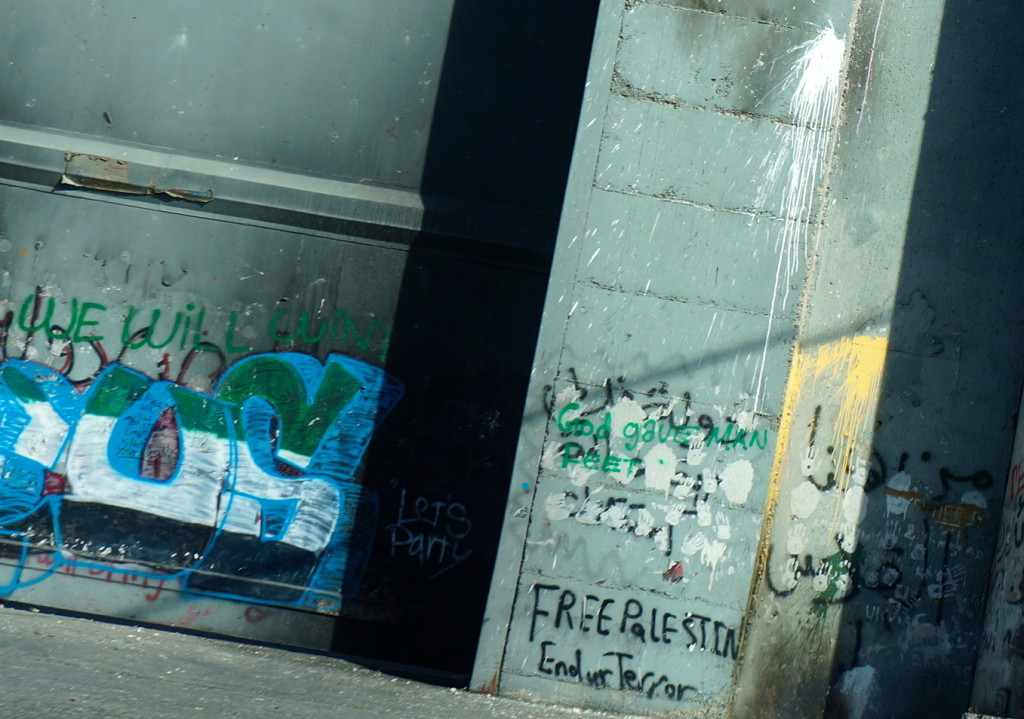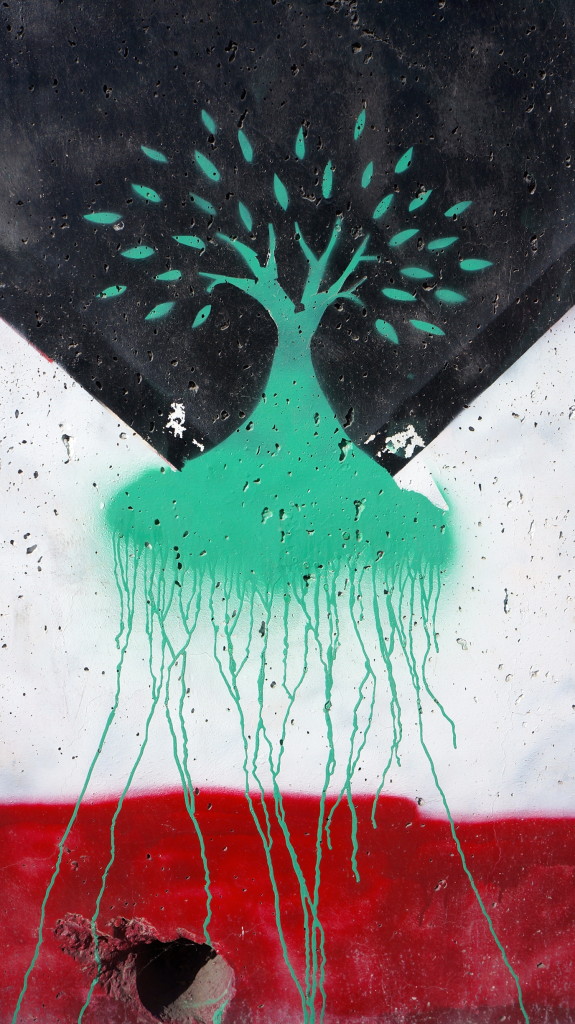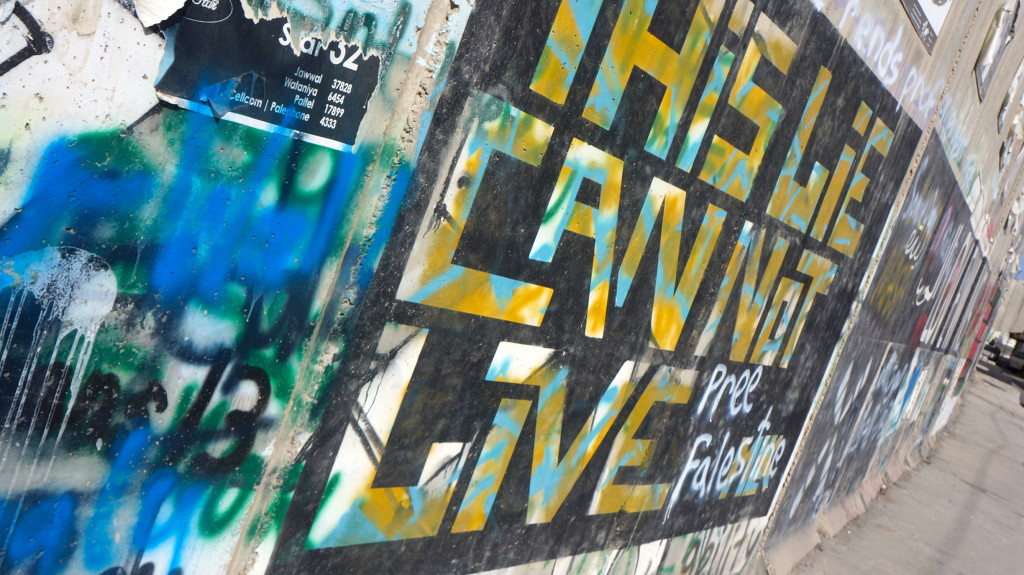Two months ago, the West Bank-based leadership of Fatah (فتح) and the Gaza-based leadership of Hamas (حماس) really seemed like they were on the verge of forming a coherent unity government, bringing together the two competing factions of Palestinian politics for the first time after nearly a decade of division.![]()
![]()
At the time, Israeli an US officials took an overly alarmist view of the new unity government, given the characterization of Hamas as a terrorist organization that continues to target civilians in Israel. Whereas Fatah essentially recognizes the existence of the state of Israel, Hamas still considers Israel as an illegitimate state.
Nevertheless, I argued then that a Fatah-Hamas reconciliation was a necessary step toward a long-term Israeli-Palestinian peace and that Israeli and US leaders should welcome any reunification that can bring Gaza’s leadership to the negotiation table. While Ramallah (if not so much of the rest of the West Bank) boomed economically, and Palestinian president Mahmoud Abbas has generally increased Palestinian control over security throughout much of the West Bank, Gaza has been subject to an Israeli embargo for years, crippling the Gazan economy and strangling opportunity and employment for 1.4 million Palestinians. If Gazans are more radical than their West Bank counterparts, Israel’s embargo has given them ample reason.
But geopolitical events across the Middle East have isolated Hamas within the Muslim world, especially over the past year. Whereas the Islamic Republic of Iran once funded Hamas, Iranian support dried up for Hamas as they lined up on opposite sides of Syria’s civil war, with Iranian officials strongly supporting Shiite president Bashar al-Assad and with Hamas backing various Sunni-led rebel groups. Moreover, whereas former Egyptian president Mohammed Morsi looked sympathetically upon Hamas (technically, Hamas is the Palestinian branch of Morsi’s own Muslim Brotherhood), the Egyptian military that overthrew Morsi last July and Morsi’s newly ‘elected’ successor Abdel Fattah el-Sisi are much less tolerant of Hamas. They have cracked down on the Egyptian border with the Gaza Strip, in essence working with Israel to perpetuate the Gaza embargo.
Fatah came to that unity government from a position of strength and, had it succeeded, Fatah might have had a restraining effect on the far weaker Hamas. Nevertheless, Israeli president Benjamin Netanyahu opposed the unity government from the outset, using the occasion to accuse Abbas of being less than serious as a ‘partner for peace.’
Though there’s a strong argument that Netanyahu erred in dismissing the Fatah-Hamas unity government outright two months ago, Netanyahu’s strategy today fundamentally depends on the disunity between Hamas and Fatah. With Israel and Hamas now two weeks into a lethal conflict, and with an Israeli ground offensive extending into its fourth day, the unity government has all but collapsed in the face of the latest military engagement in Gaza. Continue reading Netanyahu now depends on Palestinian Fatah-Hamas disunity

